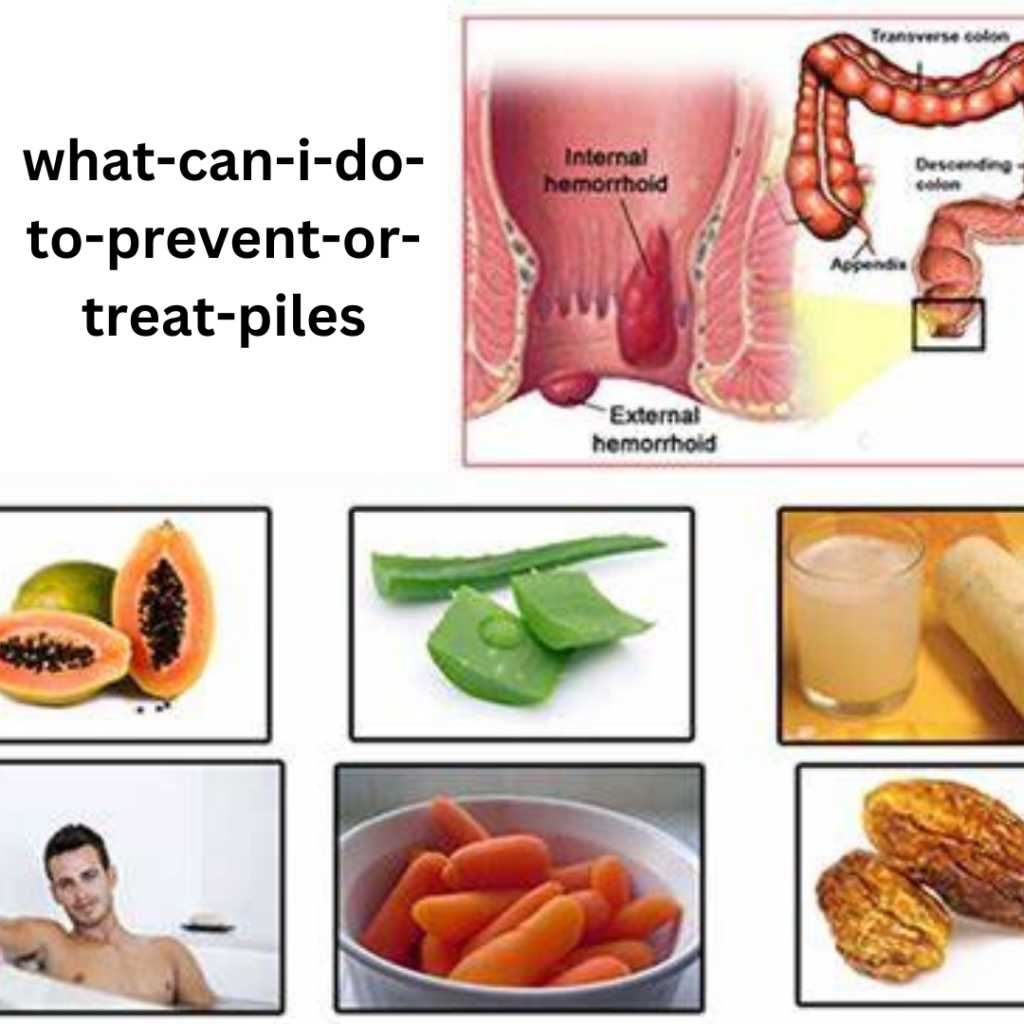What are Piles

Piles, also known as hemorrhoids, are swollen veins located around the rectum and anus. They causes discomfort, pain, and bleeding, affecting the quality of life.Understanding preventive measures and treatment options is crucial for managing this condition effectively.Patient can look into this article and find out the steps to do prevent or treat piles
Causes of Piles(what-can-i-do-to-prevent-or-treat-piles)
Piles can develop due to various factors, including prolonged sitting, straining during bowel movements, obesity, pregnancy, and a lack of fiber in the diet. Heriditary and aging can also contribute to piles.
Symptoms of Piles
Common symptoms include itching, pain, bleeding during bowel movements, swelling around the anus, and discomfort,mass around anal area.
Preventive Measures for Piles
- Lifestyle Changes
- Making certain lifestyle changes can help prevent the occurrence of piles. These include:
- Avoiding continuous sitting or standing
- Take breaks during prolonged periods of sitting
- Practicing good hygiene after bowel movements
- Dietary changes
- Rich fiber diet can promote regular bowel movements and prevent constipation, reducing the risk of developing piles. Including fruits, vegetables, whole grains, and legumes into your diet can help to prevent constipation
- Hydration Importance
- Drinking lots of water throughout the day can help in preventing piles.
Fiber Intake
- Fiber acts as a natural stool softener, making bowel movements easier and reducing the strain on the rectum and anus. Including fiber-rich foods such as oats, beans, lentils, and bran in your diet can help prevent piles.
Avoiding Straining
- Straining during bowel movements can increase the pressure on the veins in the rectum and anus, leading to the development of piles. To avoid straining, it’s essential to:
- Relax and take your time during bowel movements
- Use a footrest to elevate your feet while sitting on the toilet
- Avoid holding your breath while straining
- Regular Exercise
- Engage in regular physical activity can promote bowel regularity and prevent constipation, reducing the risk of developing piles. Activities such as walking, swimming, and yoga can help maintain overall digestive health.
Maintaining Healthy Weight
Being overweight or obese can increase the pressure on the veins in the rectum and anus, leading to the development of piles. Maintaining a healthy weight through a balanced diet and regular exercise can reduce the risk of piles.
Treatment Options for Piles
While prevention is key, various treatment options are available for managing piles, depending on the severity of the condition. These include:
Home Remedies
- Soaking in a warm bath (sitz bath) to relieve discomfort
- Applying ice packs to reduce swelling
- Using over-the-counter creams or suppositories to alleviate itching and pain
- Medications
- Pain relievers such as acetaminophen or ibuprofen
- Topical treatments containing witch hazel or hydrocortisone to reduce inflammation and itching
- Laser Hemorrhoidectomy to surgically remove the hemorrhoid if medical measures fail.
Conclusion of what-can-i-do-to-prevent-or-treat-piles
Taking preventive measures and seeking timely treatment can help prevent or alleviate the symptoms of piles. By making lifestyle changes, incorporating dietary modifications, and exploring various treatment options, individuals can effectively manage this common condition and improve their quality of life.
FAQs
Are piles a serious medical condition?
Piles are not typically considered life-threatening, but they can cause significant discomfort and affect daily activities. If you want medical advice you can consult Dr.Padma Kiran
Can I prevent piles through dietary changes alone?
While dietary modifications such as increasing fiber intake can help prevent constipation and reduce the risk of piles, it’s essential to incorporate other preventive measures such as staying hydrated and maintaining a healthy weight.
Is surgery the only treatment option for severe cases of piles?
Surgery may be recommended for severe or persistent cases of piles that do not respond to conservative treatments. However, less invasive procedures and lifestyle changes are often effective in managing piles.
Are there any side effects associated with pile medications?
Some medications for piles, such as topical creams or suppositories, may cause mild side effects such as irritation or burning sensation. It’s essential to follow the manufacturer’s instructions and consult a healthcare professional if you experience any adverse reactions.
Can I resume normal activities after pile treatment?
The recovery period after piles treatment varies depending on the type of procedure performed and individual factors. It’s essential to follow your healthcare provider’s instructions and avoid strenuous activities or heavy lifting during the recovery period.
For any further Queries please consult Surgeon at Padma Hospital Laser Interventions,Miyapur
